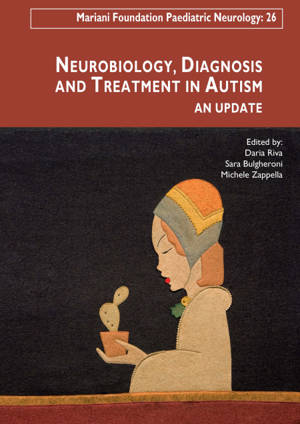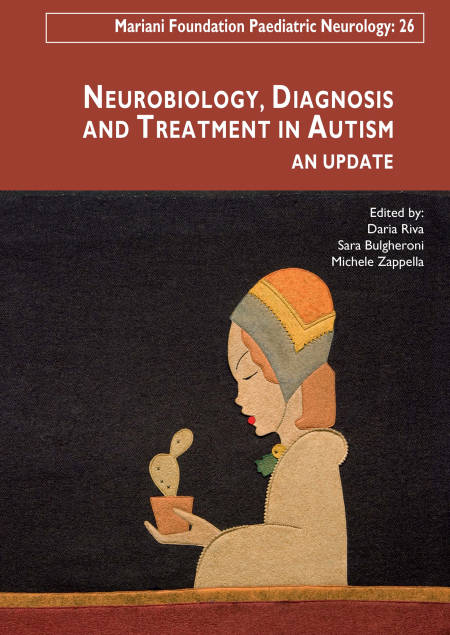
- Retrait gratuit dans votre magasin Club
- 7.000.000 titres dans notre catalogue
- Payer en toute sécurité
- Toujours un magasin près de chez vous
- Retrait gratuit dans votre magasin Club
- 7.000.000 titres dans notre catalogue
- Payer en toute sécurité
- Toujours un magasin près de chez vous
Neurobiology, Diagnosis and Treatment in Autism - An Update EBOOK
an update
Daria Riva, Sara Bulgheroni, Michele ZappellaDescription
This book provides an update on the progress made in the diagnosis, neurobiology and pharmacological treatment of autism and the rehabilitation of sufferers. It looks set to have an influence on professional practices and thus modernise the approach to diagnosis and treatment.
Autism is a disease caused by an extremely complex neurological development abnormality which is expressed in a spectrum of phenotypes and is characterised by changes in normal social interactions and a restricted, stereotypical and repetitive range of interests and activities. Its etiopathogenesis remains poorly understood.
It has become evident that the genes responsible interact with environmental factors but the molecular and pathogenic factors resulting in expression of these mutations are still not clear. These genes involve several regions of the brain and not only cause neurotransmitter dysfunction but also affect other processes. These themes are explored in the first part of the book. The other chapters cover early intervention, discussing the most appropriate original rehabilitation methods and the results obtained with identical or similar protocols in Italian centres. Lastly, psychopharmacological options and the very common comorbidities are discussed.
Spécifications
Parties prenantes
- Auteur(s) :
- Editeur:
Contenu
- Nombre de pages :
- 240
- Langue:
- Anglais
- Collection :
Caractéristiques
- EAN:
- 9782742011872
- Date de parution :
- 01-09-13
- Format:
- Ebook
- Protection digitale:
- /
- Format numérique:







